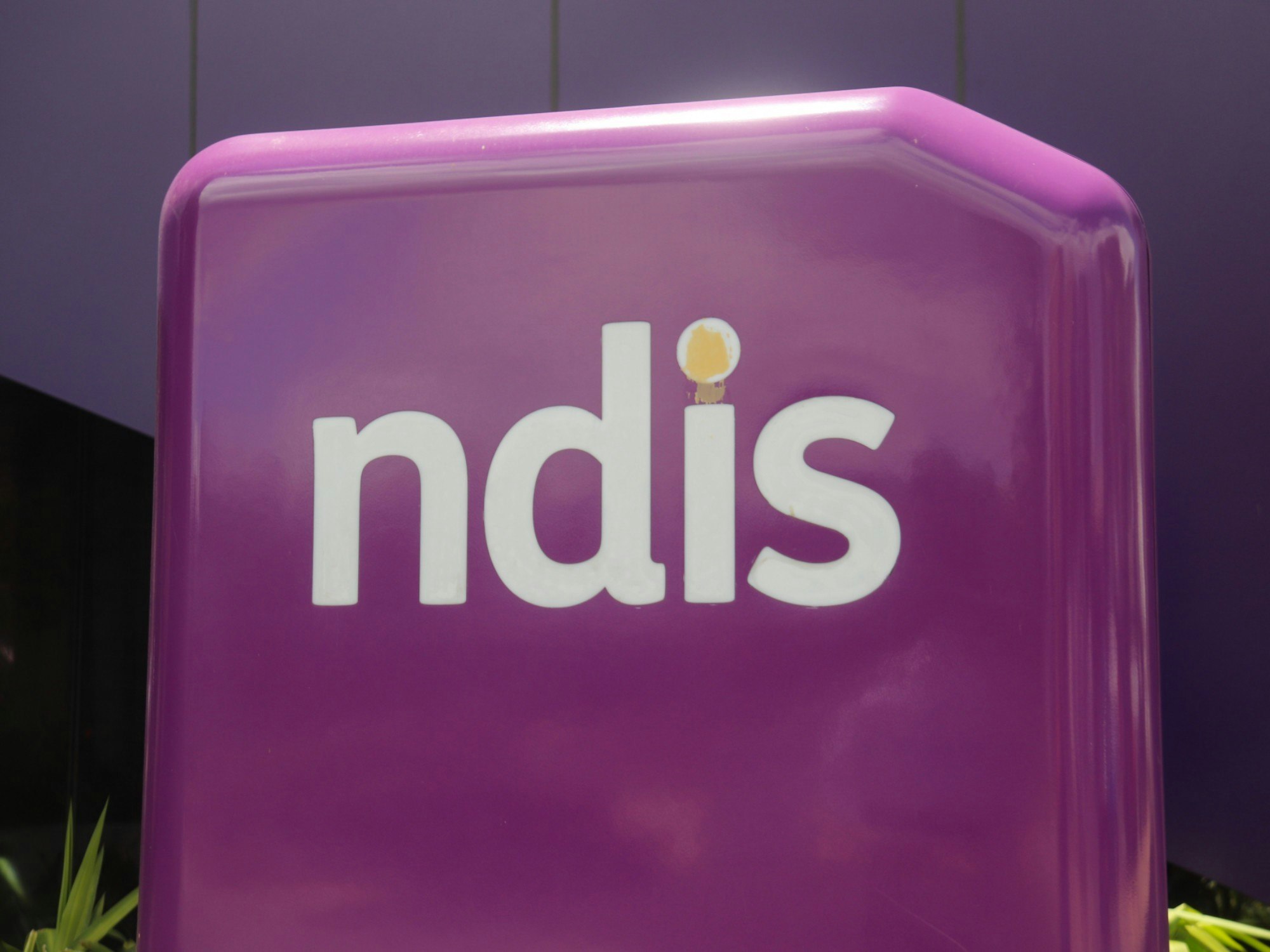Myths busted: facts to combat myths around the NDIS part 2
Last updated

It can be hard to know what is fact or a myth, so we’ve put together a list of our top 15 myths and the facts to which they relate to, with this article being part 2 of the series and covering the biggest myths related to funding.
Key points
- There are many misunderstandings people may have about the National Disability Insurance Scheme
-
We’ve outlined some of the more common myths and provided explanations of the truth about them
-
In this article, part 2 of our myths series, we will cover the facts about how funding can be spent
You can read the first part of the myths series in our article, ‘Myths busted: facts to combat myths around the NDIS – part 1‘.
Below is the second set of myths people have heard about the NDIS and their funding:
Myth #1: Respite is not funded under the NDIS.
Fact: The NDIS does fund respite care – which can give both carers and participants a break. Respite can include services from paid support workers at home, in a community group or at care facilities.
Core budget funding can be used for respite care if it helps you with the goals which are part of your NDIS plan.
Myth #2: I need to have funds for plan management from the beginning to be able to receive it.
Fact: You can ask for a plan review to add plan management funding at any time if you didn’t have plan management funds included in your first NDIS plan but now want help to manage your plan.
Myth #3: I will have more funding to use if I self-manage my plan.
Fact: Plan management funding is separate to other funding under your NDIS plan and whether you receive it or not has no impact on your other funding.
Self management won’t mean there is more funding, but you will be able to keep a closer eye on your spending.
Myth #4: The NDIS funds medication.
Fact: Medication is not the responsibility of the Department of Social Services, which is in charge of the NDIS.
Medication is part of the Department of Health’s responsibility, so the price of many medications is partly covered by Medicare and is not covered under the NDIS.
Myth #5: The NDIS pays for holidays.
Fact: Holidays for participants are not funded by the NDIS, but you may be able to have the support you need for everyday living funded while you are on holiday.
For example, a support worker may be funded to help you while you are on holiday if it supports the goals in your plan and it meets the reasonable and necessary criteria.
You will need to pay for the transport, accommodation and food expenses of the support worker, or find a local support worker in the place you are travelling to.
Short Term Accommodation or respite care can also be used as a break by some participants, particularly if it relates to your goals and gives your carer a rest.
Myth #6: Transport can’t be paid for using core funding.
Fact: If you’re unable to use public transport without difficulty you can use the NDIS to fund transport in taxi or rideshare services, other private transport or for training to use public transport.
Transport funding was made a bit more flexible under NDIS core funding and it can be accessed in addition to other dedicated transport support you are receiving.
There are three levels of transport funding based on whether you need to attend a workplace, place of study or social, recreational or leisure activities.
Myth #7: Small businesses and sole traders can’t be used to provide services.
Fact: NDIS funds can be used to pay a single person or small business who provides you with a service which is reasonable and necessary – so related to your disability.
These services could include cleaning your house or maintaining your garden.
The sole trader or small business must have an Australian Business Number to be paid under an NDIS plan and must only be a registered NDIS provider if your plan is agency managed.
You can use non-registered sole traders if your NDIS plan is self managed or you have a plan manager.
Have you heard any other myths about the NDIS? Tell us about them in the comments below.
Related Content:
Myths busted: facts to combat myths around the NDIS – part 1
What is the NDIS?
I have been approved for NDIS funding – what next?
What support can I get?